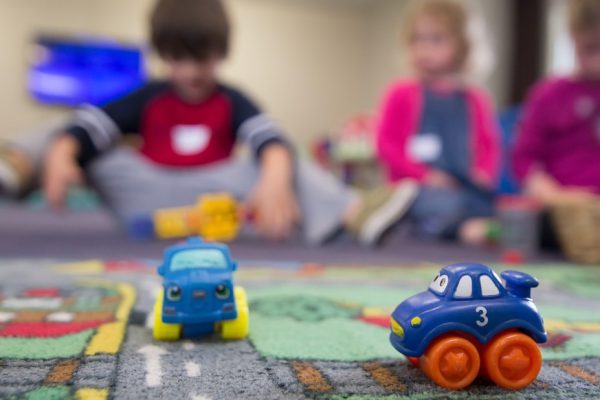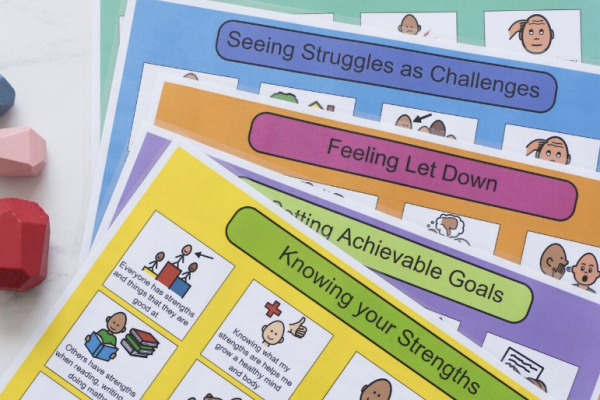
PROTECT YOUR KIDS ONLINE: FREE WEBINARS
By REBEKAH DEVLIN
Autistic children are often drawn to online gaming, but they can also be at increased risk of exposure to unsafe behaviour, says leading autism organisation, Amaze.
“Most online environments eliminate the need for body language and other non-verbal social cues. Typing can also improve access for non-speaking individuals. This can make autistic people feel more comfortable interacting online,” says Amaze CEO, Jim Mullan.
“But autistic children may be particularly vulnerable online because they are typically more trusting, less deceptive and can have difficulty interpreting metaphors, sarcasm and indirect language.
“Autistic children may also have fewer friendships despite a real desire for connection, which can make them more likely to tolerate inappropriate online behaviour to maintain acceptance.”
In a bid to combat these risks, Amaze has partnered with GameAware to present a series of free e-safety webinars for parents and carers of autistic kids.
The June 14 event will feature a panel discussion about how gaming can impact autistic people from their own experiences, as well as strategies for safely participating in online gaming. Topics will include:
- How gaming can be beneficial to autistic people.
- What can be done to stay safe online?
- Does gender influence gaming experience?
- How parents impact gaming influence.
The expert guest speakers will provide practical strategies about being safe and building healthy online habits. The webinars are interactive, so parents and carers will have the opportunity to ask questions of the experts.
“Gaming online can be great, as long as it’s safe. We’re keen to help families keep their kids safe when online. That’s why we’ve organised this series of interactive webinars,” Mr Mullan says.
To book for the June 14 free webinar, click here: https://www.amaze.org.au/news-and-events/events/esafety-webinars/
There will be another webinar in September, focusing on developing social capacity and positive autistic identity through gaming.
5 top tips for online safety
(Jessica Rowlings, co founder Next Level Collaboration)
1. Don’t include any information that could be used to identify you (like your real name or age) in anything that is publicly viewable. One example of this is your screen name, which can be seen by everyone playing the game.
2. Learn about the privacy features in your game or platform and adjust them to limit who can see details about or contact you. Most settings have an option to be accessible to your friends only.
3. Learn where and how to use block and report features. Most online games allow players to block other users and report inappropriate behaviour to a moderation team.
4. Don’t click on links or download files from other users. This is a common method for installing viruses or malware on computers, or attempts to steal your personal information.
5. For parents, take time to learn about the game and understand how it works. A great way of doing this is to have a gaming session with your child where they teach you how to play!







